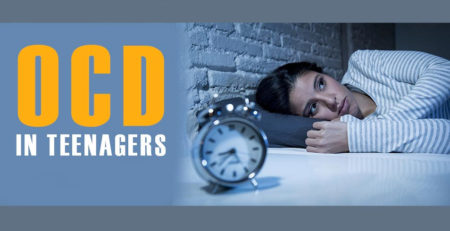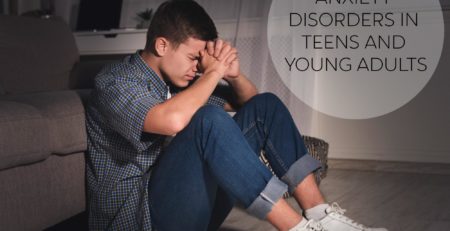Mental Health Matters: Supporting Children and Teenagers with Mental Health Issues
As a parent, educator, or mental health professional, you are likely aware that mental health issues can affect children and teenagers. Conditions such as ADHD, anxiety, bipolar disorder, and depression can significantly impact a young person’s life, affecting their academic, social, and emotional well-being. However, with early intervention, support, and effective treatments, children and teenagers can learn to manage these challenges and lead fulfilling lives.
This blog post will explore the various mental health issues affecting children and teenagers, their impact, and the resources available to support those struggling with these conditions.
Understanding Mental Health Issues in Children and Teenagers
ADHD: Attention-Deficit/Hyperactivity Disorder (ADHD) is a neurodevelopmental disorder that affects a child’s ability to focus, control impulses, and regulate behavior. Children with ADHD may have difficulty sitting still, paying attention, and completing tasks, leading to academic and social challenges.
Anxiety: Anxiety is a common mental health issue among children and teenagers, affecting an estimated 25% of young people. Anxiety can manifest as excessive worry, fear, or nervousness, leading to physical symptoms such as sweating, trembling, and rapid heartbeat. Anxiety can affect a child’s ability to attend school, participate in extracurricular activities, and interact with peers.
Bipolar Disorder: Bipolar disorder is a mood disorder that affects a person’s emotional state, causing extreme shifts in mood, energy, and activity levels. Children and teenagers with bipolar disorder may experience periods of high energy, euphoria (manic episodes) and periods of depression, sadness, and hopelessness.
Depression: Depression is a mental health condition that affects a person’s mood, behavior, and physical health. Children and teenagers with depression may experience feelings of sadness, hopelessness, and loss of interest in activities they once enjoyed. Depression can affect a child’s academic performance, social relationships, and overall quality of life.
Impact of Mental Health Issues on Children and Teenagers
Mental health issues can significantly impact a young person’s life, affecting their academic, social, and emotional well-being. Children and teenagers with mental health issues may experience:
Academic difficulties: Mental health issues can affect a child’s ability to concentrate, complete assignments, and perform well in school.
Social isolation: Children and teenagers with mental health issues may struggle to form and maintain peer relationships, leading to feelings of loneliness and isolation.
Behavioral problems: Children and teenagers with mental health issues may engage in disruptive or impulsive behaviors, leading to disciplinary issues at school or home.
Physical symptoms: Mental health issues can manifest as physical symptoms such as headaches, stomachaches, and fatigue, leading to missed school days and reduced participation in extracurricular activities.

Supporting Children and Teenagers with Mental Health Issues
Early intervention, support, and effective treatments are crucial for children and teenagers struggling with mental health issues. Here are some resources and strategies that can help:
Family support: Families play a critical role in supporting children and teenagers with mental health issues. Providing emotional support, understanding, and access to resources can significantly impact a young person’s life.
Educational support: Teachers and school staff can also play a critical role in supporting children and teenagers with mental health issues. Teachers can make accommodations by providing extra time for assignments and tests and creating a positive and inclusive classroom environment.
Mental health professionals: Mental health professionals, such as therapists, psychologists, and psychiatrists, can provide individualized support and treatment for children and teenagers with mental health issues. They can help develop coping strategies, provide therapy, and prescribe medication when necessary.
Community resources: There are many community resources available to support children and teenagers with mental health issues, such as support groups, advocacy organizations, and crisis hotlines. These resources can provide a safe and supportive environment for young people and their families.
Mental health issues can affect children and teenagers, but they can learn to manage these challenges and lead fulfilling lives with early intervention, support, and effective treatments. As a parent, educator, or mental health professional, you play a critical role in supporting young people with mental health issues. You can make a significant difference in a young person’s life by providing understanding, resources, and access to care. Remember, mental health matters, and we must all work together to support the well-being of our youth.











